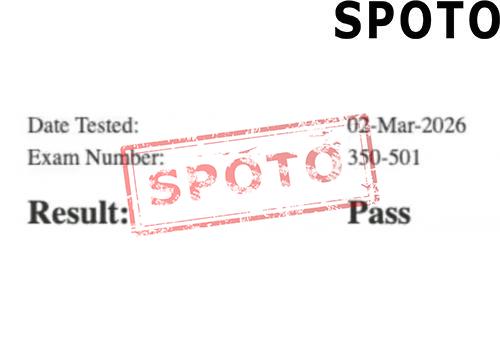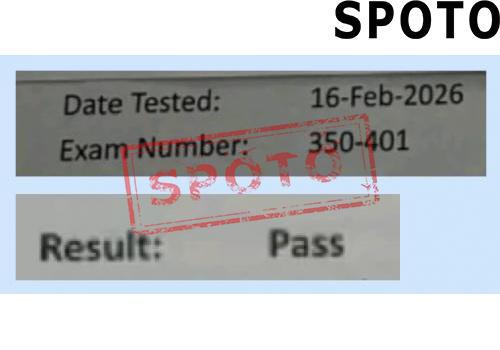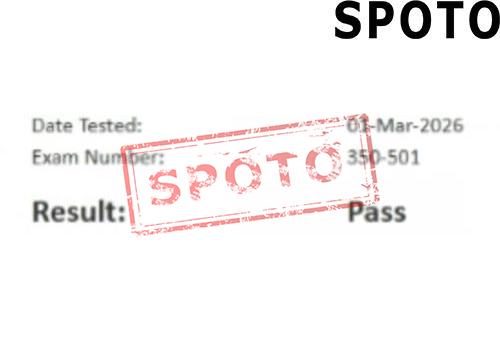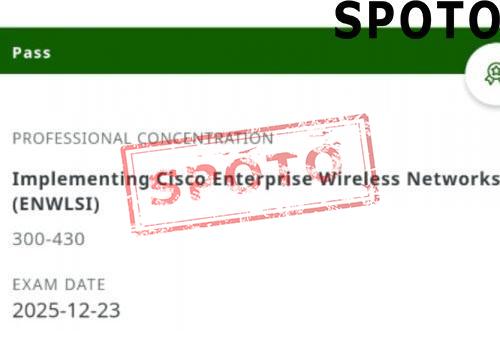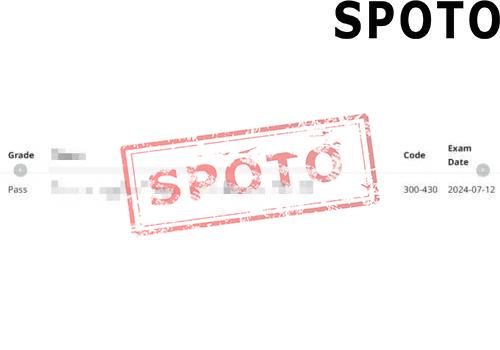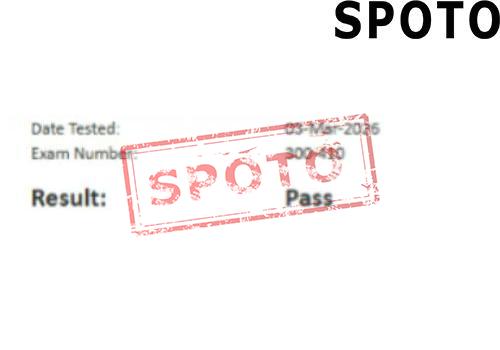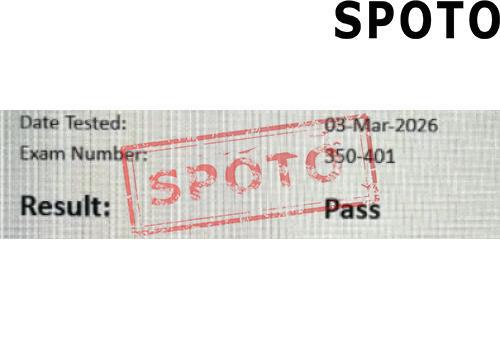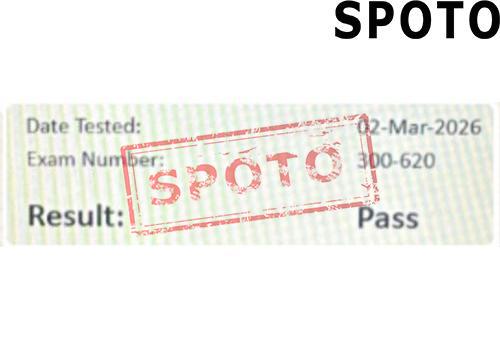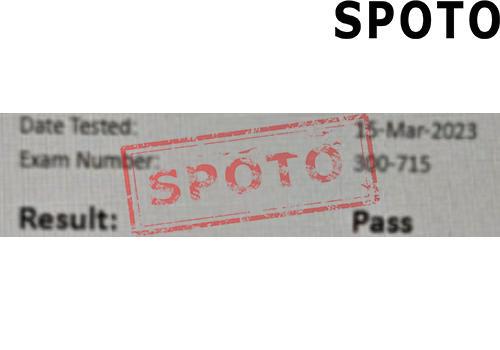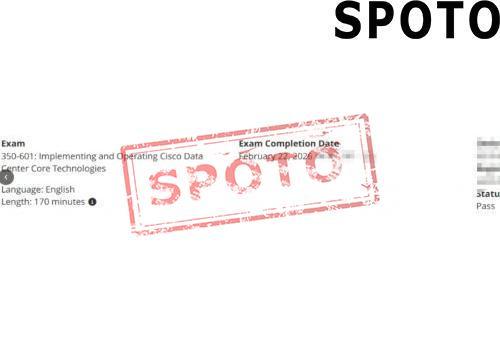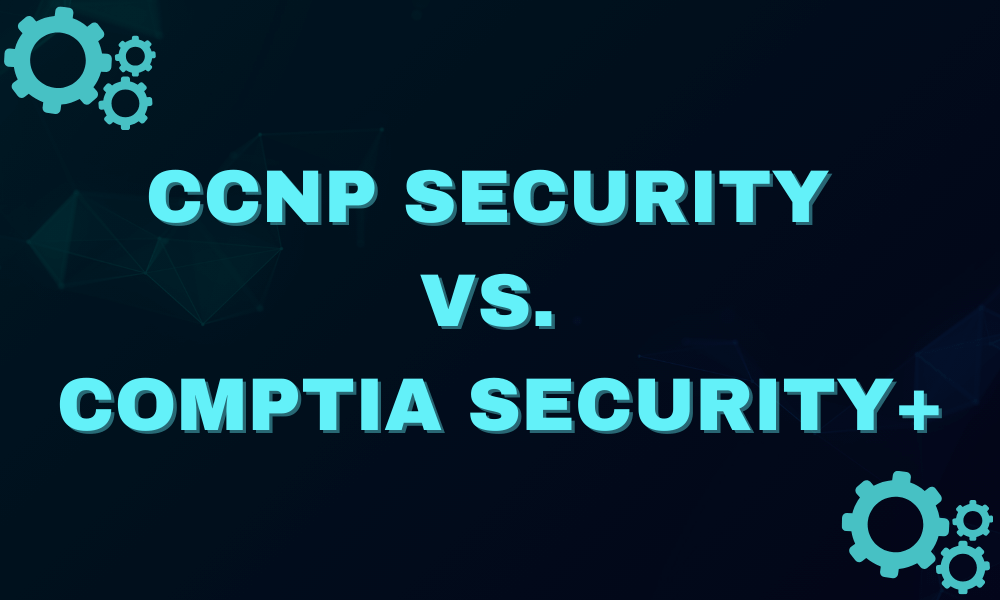
Table of Contents
In today's digital landscape, the significance of cybersecurity cannot be overstated. Both businesses and individuals face an increasing number of cyber threats, which necessitates cybersecurity expertise to safeguard sensitive information. Professional certifications, such as CCNP Security and CompTIA Security+, provide a platform for cybersecurity professionals to showcase their skills, while also helping employers identify qualified experts in this field.
This blog aims to compare CCNP Security and CompTIA Security+, two prominent professional certifications in the cybersecurity domain. By analyzing their exam content, certification requirements, and career value, we will provide readers with a clear comparative perspective. Our goal is to help professionals who aspire to advance their skills in cybersecurity choose the certification path that best suits their needs.
CCNP Security Overview
What is CCNP Security?
CCNP Security is an advanced networking professional certification offered by Cisco Systems, focusing on the field of cybersecurity. This certification aims to equip cyber professionals with in-depth knowledge and skills to design, implement, and maintain a secure network infrastructure. The CCNP Security curriculum covers a wide range of cybersecurity topics, including threat management, VPN technology, firewall configuration, intrusion prevention, and endpoint security.
Exam Topics
To earn the CCNP Security certification, candidates must pass a series of exams that cover the following key areas:
- Cyber Threat Management: Identifying and analyzing cyber threats, and developing strategies to mitigate them.
- VPN Technology: Configuring and managing virtual private networks (VPNs) to ensure secure data transmission.
- Firewall Configuration: Deploying and managing firewall technology to protect the network perimeter.
- Intrusion Prevention: Implementing intrusion detection and prevention systems (IDS/IPS) to detect and respond to potential security threats.
- Endpoint Security: Protecting network endpoints, including mobile devices and remote workstations, from malware and other security risks.
- Security Management and Monitoring: Utilizing Cisco's security information and event management (SIEM) solutions to monitor and analyze network security.
Ace the CCNP Security Exam with Confidence!
Certification Requirements
To earn the CCNP Security certification, candidates must meet the following prerequisites and steps:
- Prerequisites: Candidates must first hold a valid CCNA (Cisco Certified Network Associate) or any CCNP-level certification, or have equivalent work experience.
- Exams: Candidates are required to pass a series of CCNP Security-related exams that assess their knowledge and skills in various cybersecurity domains.
- Continuing Education: After becoming certified, professionals must regularly take continuing education courses or pass new exams to maintain their certification status.
CompTIA Security+ Overview
What is CompTIA Security+?
CompTIA Security+ is a widely recognized entry-level cybersecurity certification offered by CompTIA, the global information technology industry association. The certification aims to provide cybersecurity professionals with a foundational, comprehensive framework of security concepts and practices. The CompTIA Security+ curriculum covers areas such as network infrastructure security, risk management, cryptography, identity management, security protocols, malware defense, cyber attacks, and vulnerability management.
Exam Topics
The CompTIA Security+ exam tests candidates' knowledge and skills in the following key areas:
- Security and Risk Management: Understanding risk assessment, risk management concepts, and how to develop a security strategy.
- Cryptography: Mastering cryptography basics, including encryption techniques, hash functions, and public key infrastructure (PKI).
- Identity and Access Management: Learning methods for controlling user access, authentication, and authorization.
- Network Security and Communications Security: Understanding the techniques and protocols used to protect networks and data transmission.
- Software Development Security: Covering security practices in the software development life cycle and application security.
- System and Application Security: Learning about security measures for operating systems, mobile devices, and applications.
- Maintenance: Maintaining system integrity and availability.
- Disaster Recovery and Business Continuity: Developing and implementing a disaster recovery plan and business continuity strategy.
Ace the CompTIA Security+ Exam with Confidence!
Certification Requirements
The following prerequisites and steps are required to achieve CompTIA Security+ certification:
- Prerequisites: CompTIA Security+ typically does not require specific prerequisites, but it is recommended that candidates have some basic knowledge of network security and IT.
- Exam: Candidates must pass the CompTIA Security+ certification exam, which covers the topics mentioned above.
- Continuing Certification: The CompTIA Security+ certification is valid for three years, after which it is necessary to maintain certification status through ongoing professional development activities or re-examination.
The Difficulty of the CCNP Security and CompTIA Security+ Exams
Comparison of Exam Difficulty
CCNP Security
The CCNP Security exam focuses on advanced cybersecurity technologies and practices. The exam content may include, but is not limited to:
- Cyber Threat Management: Strategies for identifying, analyzing, and mitigating cyber threats.
- VPN Technology: In-depth configuration and management of VPNs to ensure secure data transmission.
- Firewall Configuration: Deployment and management of firewalls to protect the network perimeter.
- Intrusion Prevention System: Implementation of intrusion detection and prevention systems (IDS/IPS) to detect and respond to security threats.
- Endpoint Security: Protection of network endpoints from malware and other security risks.
- Security Management and Monitoring: Utilization of SIEM solutions to monitor network security.
The CCNP Security exam is generally considered to have a high level of difficulty. It requires candidates to possess not only in-depth theoretical knowledge but also hands-on troubleshooting and configuration skills. The exam delves into the application of specific Cisco-centric technologies, such as advanced VPN and firewall configurations.
CompTIA Security+
The CompTIA Security+ exam focuses on the fundamentals and practical skills of cybersecurity. The exam content may include:
- Network Security: Network design elements, protocols, services, and wireless network security.
- Compliance and Operations/Maintenance Security: Risk management, forensic procedures, incident response, security awareness, and training.
- Threats and Vulnerabilities: Malware types, attack types, social engineering attacks, etc.
- Application, Data, and Host Security: Application security controls, mobile security technologies, and host security solutions.
- Access Control and Identity Management: Authentication service functions, access control, and account management.
- Cryptography: Application of cryptography concepts and methods.
As an entry-level certification, the CompTIA Security+ exam is generally considered to have a lower level of difficulty compared to CCNP Security. The exam focuses more on the understanding of cybersecurity concepts and principles rather than the in-depth technical details of a specific technology.
Based on the available information, the CCNP Security exam appears to be more technically challenging and require a higher level of hands-on skills than the CompTIA Security+ exam. The CCNP Security exam delves deeper into Cisco-specific technologies and advanced cybersecurity configurations, while the CompTIA Security+ exam covers a broader range of fundamental cybersecurity knowledge and practices.
Candidates should consider their career stage, specific needs, and the desired level of technical depth when choosing between the CCNP Security and CompTIA Security+ certifications. The CCNP Security certification may be more suitable for experienced cybersecurity professionals seeking to demonstrate advanced skills, while the CompTIA Security+ certification may be more appropriate for entry-level or mid-level professionals looking to establish a solid foundation in cybersecurity.
Comparison between CCNP Security and CompTIA Security+
In the cybersecurity domain, CCNP Security and CompTIA Security+ are both highly respected professional certifications, though they differ in several key aspects while also sharing certain similarities.
Key Differences:
- Depth and Breadth of Expertise: CCNP Security focuses on in-depth Cisco network security technologies, catering to professionals already familiar with the fundamentals of networking who want to deepen their expertise in a specific area. In contrast, CompTIA Security+ offers a broader foundation in cybersecurity, suitable for beginners or professionals seeking a comprehensive understanding of the field.
- Target Audience: CCNP Security is an advanced certification typically aimed at networking professionals with some work experience. CompTIA Security+, on the other hand, is an entry-level certification for individuals looking to build a solid foundation in cybersecurity.
- Industry Recognition: CCNP Security is highly recognized in the technology industry, especially among organizations that extensively use Cisco solutions. CompTIA Security+ enjoys widespread recognition for its neutrality and broad applicability across industries.
- Career Development: CCNP Security may open up a more specialized career path for professionals, particularly in areas closely related to Cisco technology. CompTIA Security+ provides a starting point for a wide range of career opportunities in the cybersecurity field.
Similarities:
- Boost in Career Competitiveness: Both certifications enhance an individual's résumé and make it more appealing to potential employers.
- Continuing Education: Both CCNP Security and CompTIA Security+ require ongoing professional development to maintain the validity of the certification.
- Industry Demand: With the increasing importance of cybersecurity, both certifications are designed to meet the industry's demand for specialized talent.
In summary, the CCNP Security and CompTIA Security+ certifications cater to different levels of expertise and career aspirations within the cybersecurity domain, while also sharing common benefits in terms of career advancement and professional recognition.
Choosing the Right Certification: CCNP Security or CompTIA Security+
In the dynamic field of cybersecurity, professional certifications play a pivotal role in enhancing skills and career competitiveness. When considering CCNP Security and CompTIA Security+, it's essential to evaluate your personal goals and current skills to make an informed decision.
Evaluate Your Career Goals
The first step is to clarify your career aspirations. If your aim is to deepen your expertise in a specific technology or product, especially those related to Cisco solutions, the CCNP Security certification may be the better choice. Conversely, if you're new to the cybersecurity domain or seeking a comprehensive foundational knowledge, the CompTIA Security+ certification could be a more suitable starting point.
Assess Your Current Skills and Experience
Your existing skills and experience are crucial factors in selecting the appropriate certification. If you already possess a solid understanding of networking and security, the CCNP Security certification can help you elevate your expertise. However, if you're just beginning your cybersecurity journey, the CompTIA Security+ certification provides an excellent foundation to build upon.
Consider Industry and Regional Demand
Research the job market in your area to determine which certifications are in higher demand. In some regions or industries, Cisco's certifications may be more sought-after, while in others, CompTIA's certifications may be more valued. Consulting with industry experts or recruiters can provide more accurate insights.
Evaluate the Difficulty and Cost of Certification
The CCNP Security certification is generally considered more advanced, often requiring more extensive study and preparation time, as well as higher exam fees. In contrast, the CompTIA Security+ certification is typically viewed as an entry-level program, with lower exam costs and a shorter preparation period. Choose the option that aligns best with your time, budget, and study preferences.
Align with Your Long-term Career Path
Consider which certification better aligns with your long-term career goals. The CCNP Security certification may be more suitable for those aiming to become advanced experts in the cybersecurity field, while the CompTIA Security+ certification can serve as a solid foundation for progressing towards more senior positions and higher-level certifications.
By carefully evaluating your personal career objectives, current skills, industry demands, and financial considerations, you can make an informed decision on the certification that best fits your professional development needs - CCNP Security or CompTIA Security+.
Conclusion
When deciding between CCNP Security and CompTIA Security+, the choice ultimately comes down to your specific career goals, current skill level, and the market demand in your area.
If you are a seasoned professional looking to deepen your expertise in a specific technology or product within the cybersecurity space, especially Cisco-related solutions, the CCNP Security certification is an ideal choice. This advanced certification will allow you to take your skills to the next level and potentially open up more specialized career opportunities.
On the other hand, if you are new to the cybersecurity field or seeking to build a comprehensive foundation in the discipline, the CompTIA Security+ certification may be a better fit. As an entry-level program, it provides a solid grounding in the core principles and practices of cybersecurity, making it suitable for those embarking on a career in this dynamic industry.
Additionally, if you plan to work in multiple areas or geographies, the vendor-neutral nature of the CompTIA Security+ certification may be more advantageous, as it is recognized worldwide and applicable across a wide range of industries.
Regardless of which certification you choose, it is essential to maintain a commitment to continuous learning and skill development. The cybersecurity landscape is constantly evolving, and staying current with the latest trends, technologies, and best practices is crucial to ensuring your professional relevance and adaptability.
By carefully evaluating your personal goals, current competencies, and the market demands in your region, you can make an informed decision on the certification that best aligns with your career aspirations - CCNP Security or CompTIA Security+. Whichever path you choose, it will undoubtedly contribute to your growth and success in the dynamic field of cybersecurity.
